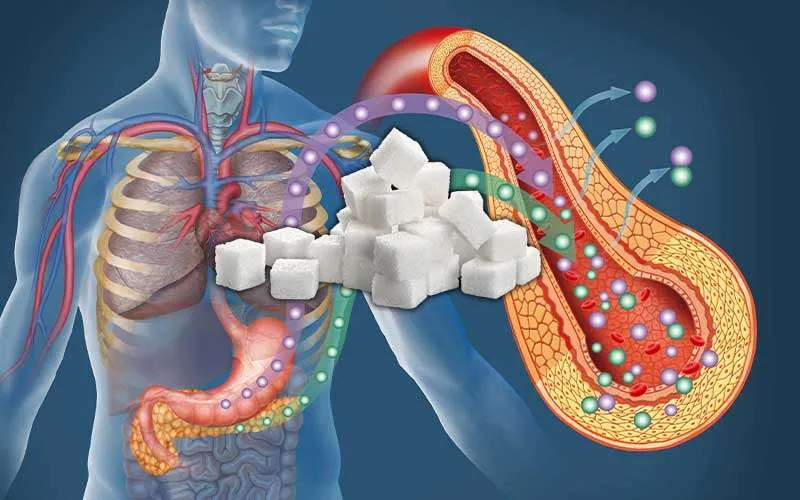In our modern society, the prevalence of sugars and carbohydrates in our diets has skyrocketed, contributing to various health concerns. While these components are essential for energy, an overconsumption can lead to detrimental effects on our overall well-being. In this article, we’ll explore the dangers associated with excessive sugars and carbohydrates and how mindful consumption is crucial for maintaining a healthy lifestyle.
The Sugar Epidemic:
The excessive intake of sugars, especially refined sugars found in sodas, candies, and processed foods, has been linked to numerous health issues. High sugar consumption is a major contributor to the rising rates of obesity, type 2 diabetes, and cardiovascular diseases. The immediate spike in blood sugar levels caused by refined sugars not only poses a risk to metabolic health but also leads to energy crashes, leaving individuals feeling fatigued and irritable.
Carbohydrates and Blood Sugar Regulation:
Carbohydrates, while a fundamental energy source, can be classified into simple and complex forms. Simple carbohydrates, like those found in sugary snacks, are rapidly digested, causing a rapid increase in blood sugar levels. On the other hand, complex carbohydrates, present in whole grains and vegetables, provide a more sustained release of energy. Imbalanced consumption of simple carbohydrates can contribute to insulin resistance, a precursor to type 2 diabetes.
The Vicious Cycle of Cravings:
High sugar and carbohydrate diets can create a cycle of cravings, leading to overeating and weight gain. Consuming excessive sugars triggers the reward centers in the brain, creating a desire for more. Breaking free from this cycle requires a conscious effort to reduce sugar intake and choose nutrient-dense foods that provide sustained energy without the rollercoaster of cravings.
Inflammation and Chronic Diseases:
Both sugars and certain types of carbohydrates can contribute to inflammation in the body. Chronic inflammation has been linked to various diseases, including arthritis, heart disease, and certain cancers. A diet rich in whole, unprocessed foods can help mitigate inflammation, promoting long-term health.
Mindful Consumption and Healthier Alternatives:
To mitigate the dangers associated with sugars and carbohydrates, it’s crucial to adopt a mindful approach to nutrition. Opt for whole, unprocessed foods and choose complex carbohydrates over simple sugars. Embrace a balanced diet that includes a variety of fruits, vegetables, lean proteins, and whole grains.
Conclusion:
While sugars and carbohydrates are essential for our bodies, the key lies in moderation and making informed choices. By understanding the dangers associated with excessive consumption and adopting a mindful approach to nutrition, individuals can pave the way for a healthier, more sustainable lifestyle. Making small changes in dietary habits can lead to significant improvements in overall well-being and contribute to the prevention of various health issues associated with the modern diet.
One of the most effective ways to minimize sugars and carbohydrates is following a ketogenic diet, often referred to as a low-carb diet. A high-fat and moderate-protein eating plan designed to shift the body into a state of ketosis. In ketosis, the body primarily burns fat for fuel instead of carbohydrates. By drastically reducing carb intake and replacing it with healthy fats, the ketogenic diet aims to promote weight loss, stabilize blood sugar levels, and enhance mental clarity. This low-carb approach encourages the production of ketones, molecules generated from the breakdown of fats, which serve as an alternative energy source. The emphasis on limiting carbohydrates distinguishes the ketogenic diet as an effective strategy for those seeking to manage weight and improve metabolic health.
For more information about the ketogenic diet, you can follow a meal plan and receive free recipes by clicking the link below.


